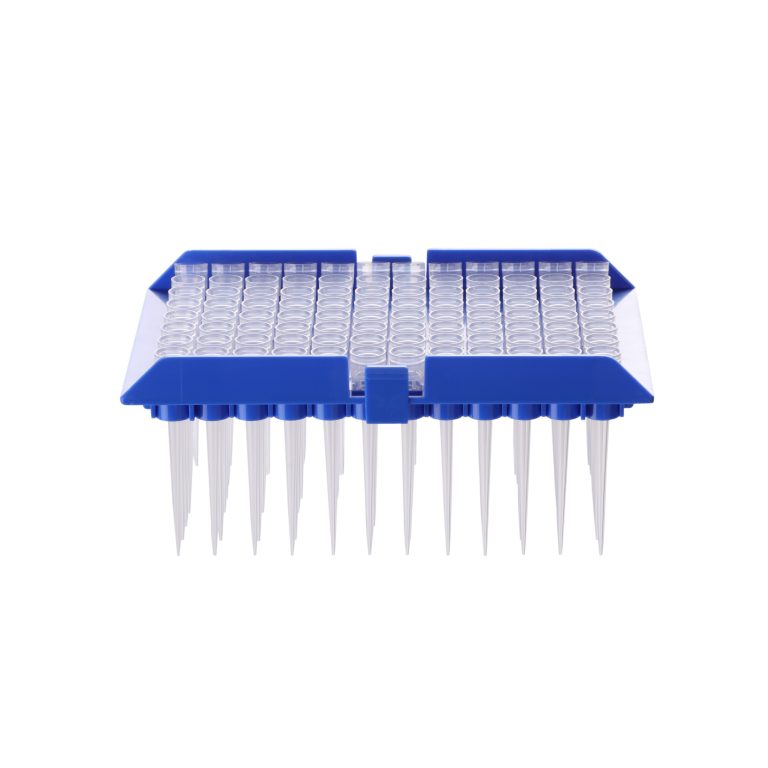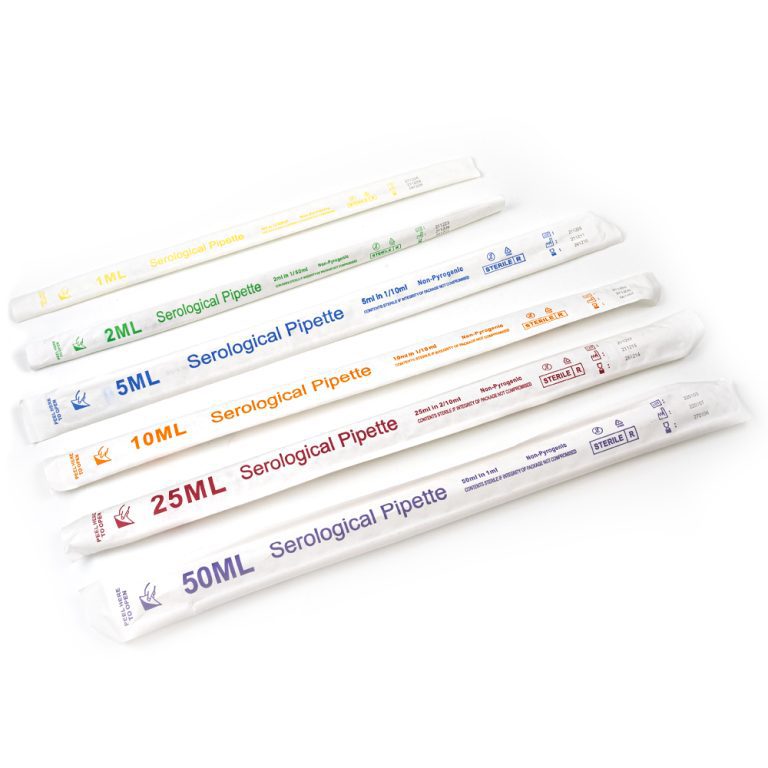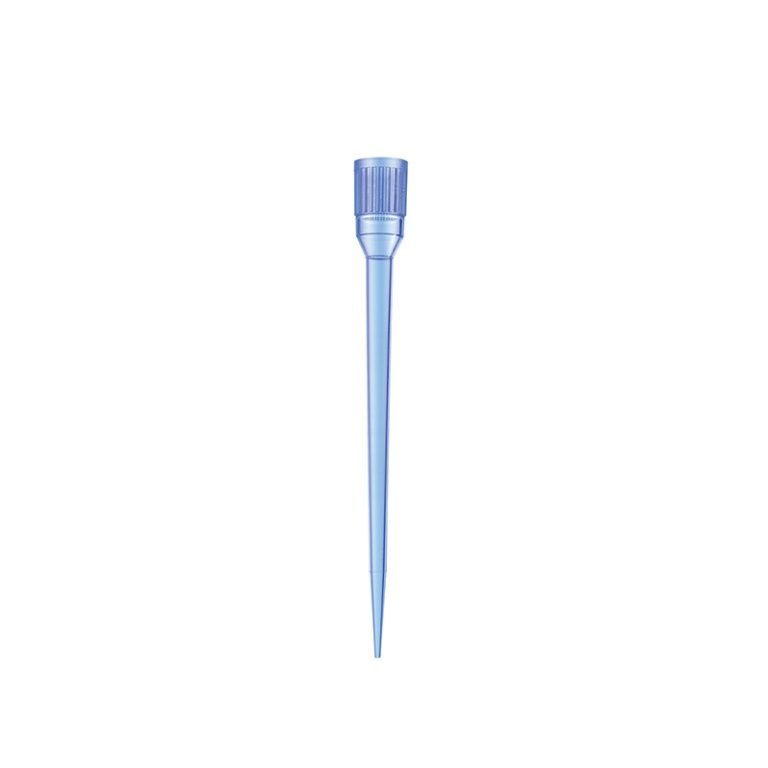ECG or electrocardiogram electrodes are used to detect electrical activity in the heart. Some common use cases of ECG electrodes include:
- Routine ECG – Disposable ECG electrodes are commonly used during routine electrocardiogram tests. Multiple electrodes are placed on the chest, arms, and legs to obtain readings from different angles. The ECG readings are used to check for abnormal heart rhythms and other potential heart issues.
- Cardiac stress testing – During cardiac stress tests, ECG electrodes are used to continuously monitor the heart’s electrical activity while the patient exercises. Changes in the ECG readings indicate how well the heart responds to the increased demands of exercise. This helps detect blockages in the arteries or other problems.
- Holter monitoring – For Holter monitoring, ECG electrodes are attached to the patient for an extended period, up to 48 hours. The heart’s electrical activity is continuously recorded during normal daily activities to detect irregular heartbeats or other abnormalities that may only occur sporadically.
- Cardiac monitoring in hospital – Adhesive ECG electrodes are commonly used to monitor heart activity in hospital patients, especially during and after cardiac procedures or surgery. They alert medical staff to changes that could indicate a heart attack, unstable heart rhythm, or other issues so treatment can be provided immediately.
- Defibrillation – Defibrillation electrodes transmit the strong shock pulse required to restore a normal heart rhythm during cardiac arrest. They are built to withstand thousands of volts for defibrillating the heart. Gel pads or gel-coated paddles are used along with a defibrillator device.
- Cardiac mapping – During invasive electrophysiology studies, special catheters containing many small electrodes are inserted into the heart. The electrodes detect activity at different locations in the heart muscle to pinpoint the cause or source of an abnormal heart rhythm. This mapping procedure helps guide treatment like ablation therapy.
- Mobile cardiac telemetry – Some cardiac patients have been prescribed a mobile cardiac telemetry system with a wearable monitor and wireless ECG electrodes. The electrodes continuously transmit heart activity to the monitor, which then relays the data to an attending physician or cardiac diagnostic center. This allows long-term monitoring outside the hospital.
- EKG/ECG equipment calibration – ECG simulators use a set of test ECG electrodes to generate simulated ECG signals for calibrating and testing EKG/ECG equipment like patient monitors, Holter recorders, stress test systems, etc. The test electrodes provide a standardized signal to ensure the equipment is functioning properly before patient use.



